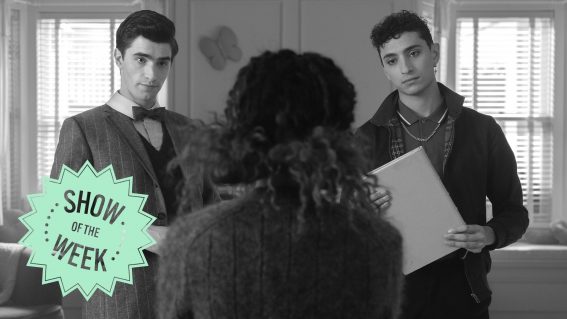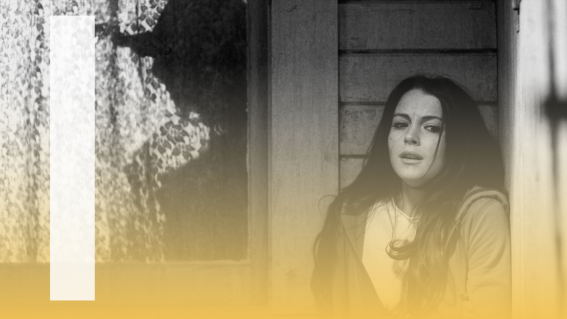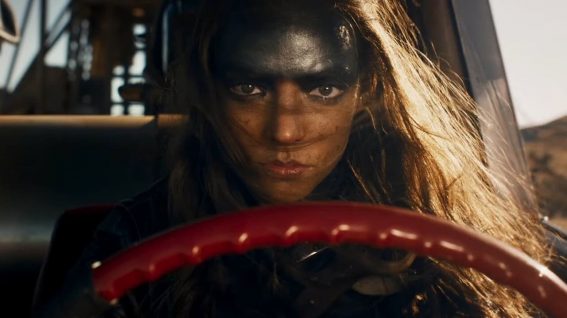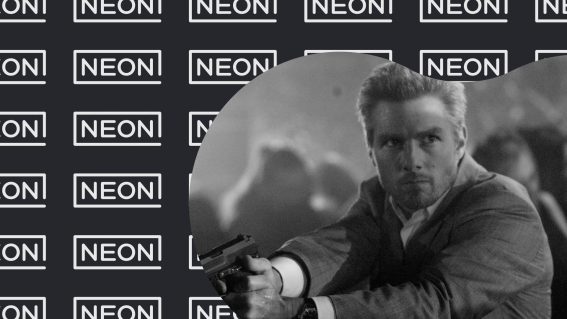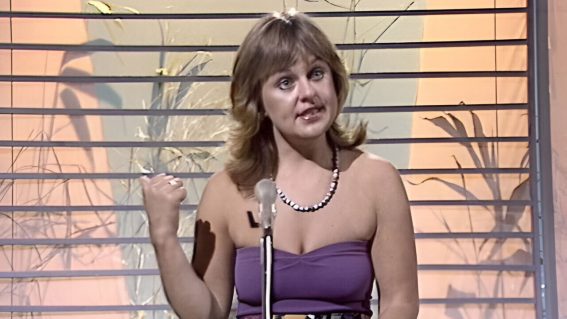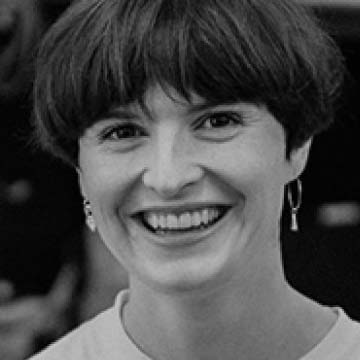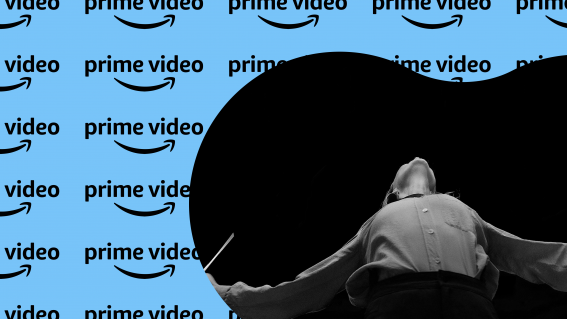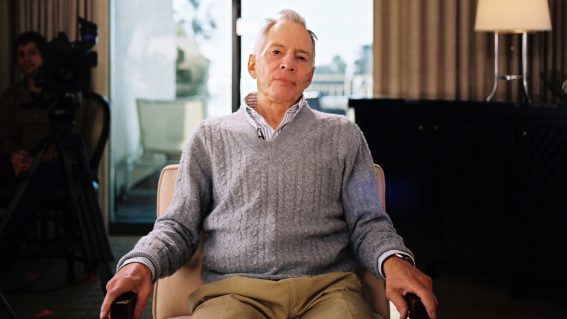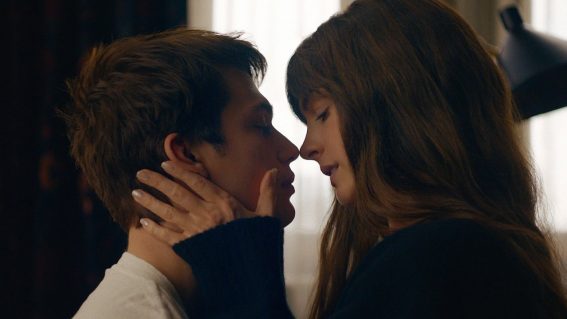Interview: Gerard Johnstone, director of ‘Housebound’
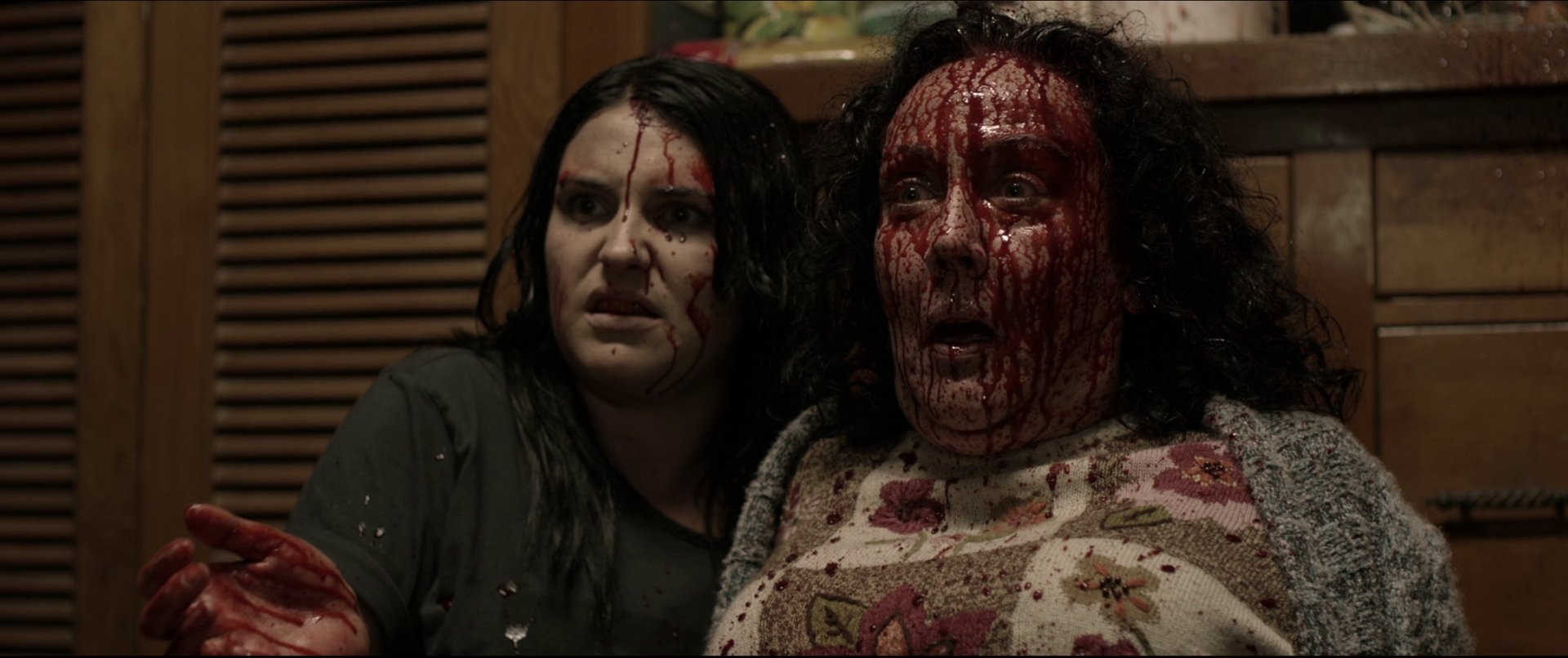
Kiwi horror Housebound has its first screening on these shores at Auckland’s Civic on Saturday July 26th – but has been getting rave reviews internationally for a bit now. Try this tweet from Drew McWeeny at HitFix for a sample: “Still one of my faves of the year. Heaps of fun.” We’re looking forward to (maybe) adding our own raves to the growing pile, but in the interim hurled a few questions at Housebound director Gerard Johnstone.
Hello from Flicks. What have you been up to today?
Hi Flicks. Big fan. Today I’ve been making final tweaks on the sound mix for Housebound. I’m what’s known in behavioural psychology as ‘a fiddler’.
What are the pros and cons of making a film in the horror genre?
Pros are that there’s an audience for it so it makes complete financial sense. The cons are that it’s very hard. Good horror movies usually result from the director being completely fluent in the language of cinema, whereas I could really only speak a few basic phrases when we started shooting. But I rose to the occasion.
Are there specific challenges to making a horror movie in New Zealand? How about benefits?
I think genre movies in general are difficult to make here, because we don’t make them enough, but the hardest thing is always the budgets we have to work with. Over the course of 4 weeks, you can do little more than pay the location fee, turn the camera on and off and buy lunch. Thankfully we had some really great people on board to help us. And our producer Luke Sharpe performed miracles to make sure Housebound was better than the steaming pile of shit it ought to be considering the money we had to make it.
Once the budget hassles were over and forgotten, the benefits were that it felt like U.S. audiences were amping for a good NZ horror comedy, and were very grateful when we brought them one.
When did the idea behind the film first start coming together?
I’m ashamed to say it was inspired by the low-budget initiative under which is was funded. I was just thinking about self-contained settings. But I’m happy to say that some really great ideas came out of that. Then it was a matter of spending the next 2 years trying to make them relevant to each other.
When you took the film to SXSW, how did you pitch it to other attendees?
I always said it was a ‘kitchen sink ghost mystery’, which is obtuse, but what I meant is that it sort of infuses social realism with goofy scares. And it’s fun. It won’t give you nightmares. It’s a horror movie you can take your mum to.
What do you think they were expecting – and how did they react to what Housebound served up?
I think their curiosity was piqued by the poster, which we plastered all over the city and perfectly nails the tone. But I think they’ve been genuinely surprised by the film itself. I honestly couldn’t have asked for a better reaction. There hasn’t been a single bad review. And that’s not a challenge to the reviewers at Flicks to provide one.
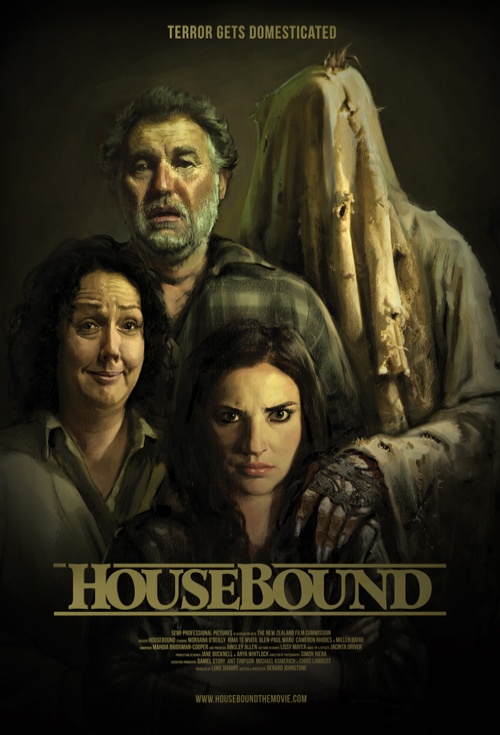
What was your favourite experience there as a filmmaker?
The screening at the Alamo slaughter was with a packed crowd and those Drafthouse theatres are incredible. They’re like cinemas and diners rolled into one. We had big laughs, screams, applause – all the stuff that makes you want to get into movies in the first place.
And as a visitor?
Whenever I’m not doing something movie related, I’m thinking about the next meal. We had some great Mexican food in Texas, but the coolest culinary experience was the Crawfish bowl at Tim League’s house. It was basically a wheelbarrow of shrimp dumped on a table with Chorizo and corn.
Could you share your most memorable moment during production?
Tricky to do without giving away any plot points, but in an effort to provide an entertaining anecdote – when we were searching for locations, we found this amazing stone-walled basement underneath a hundred year old house but the guy who owned it was a total fruit bar. He and his mother bought the house mainly as a place to hoard junk. We told him we were making a haunted house movie and he said that was perfect, because the house was actually haunted, and proceeded to tell us this incredibly long-winded story that seemed to go off in every tangent possible for the better part of an hour. At one point it correlated to the creation of the dewey-decimal system. We had to humour this guy for weeks while we obtained permission to shoot there, and then at the last minute he bailed on us. We had to change the basement in the script to a ‘side garage’ which was considerably lame, but thankfully we never had enough time to shoot those scenes. Then we found out the fruit bar had put his house on the market and Luke was able to track down the new owner. So we finally got our spooky basement and the film looks fantastic for it.
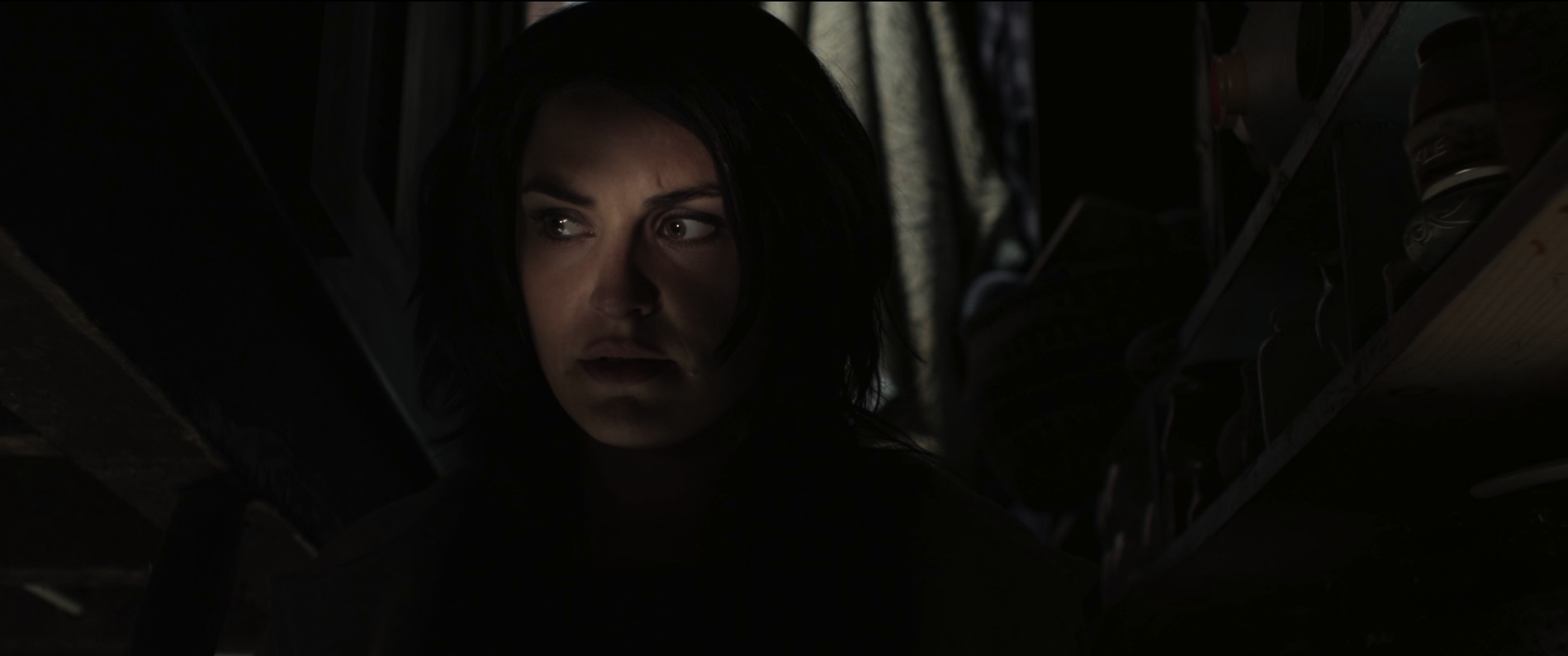
Seen any other good New Zealand films recently?
What We Do in the Shadows is operating on a level of comedic genius we’re not used to seeing in NZ and deserves all the praise it’s getting. If we could get a quarter of their box-office earnings our investors would be happy. I’m also looking forward to The Dark Horse by James Napier Robertson. I thought his first film I’m Not Harry Jenson was the best written thriller this country’s ever produced. I also really liked that low-budget western Good for Nothing. Cohen Holloway was terrific, it had a great score, and for the most part, it didn’t feel like a NZ film at all.
Who would be the best, and worst, people to bring along to your film?
Best would be anyone up for a fun night at the movies. Worst would be anyone who thinks it’s a good idea to go rummaging through a narrow packet of Maltesers during the quiet bits.
What are you thinking about doing next?
Luke and I are producing a remake of Terry Teo for TV2. I’m in early discussions for a movie with some nice American gents which may shoot here early next year. Trying to do something with Millen Baird, who’s just showed me his self-funded web series and I can’t stop quoting it. And then maybe a sports biopic set in my home town. It’ll be the first film set in Invercargill to get the accent right.

